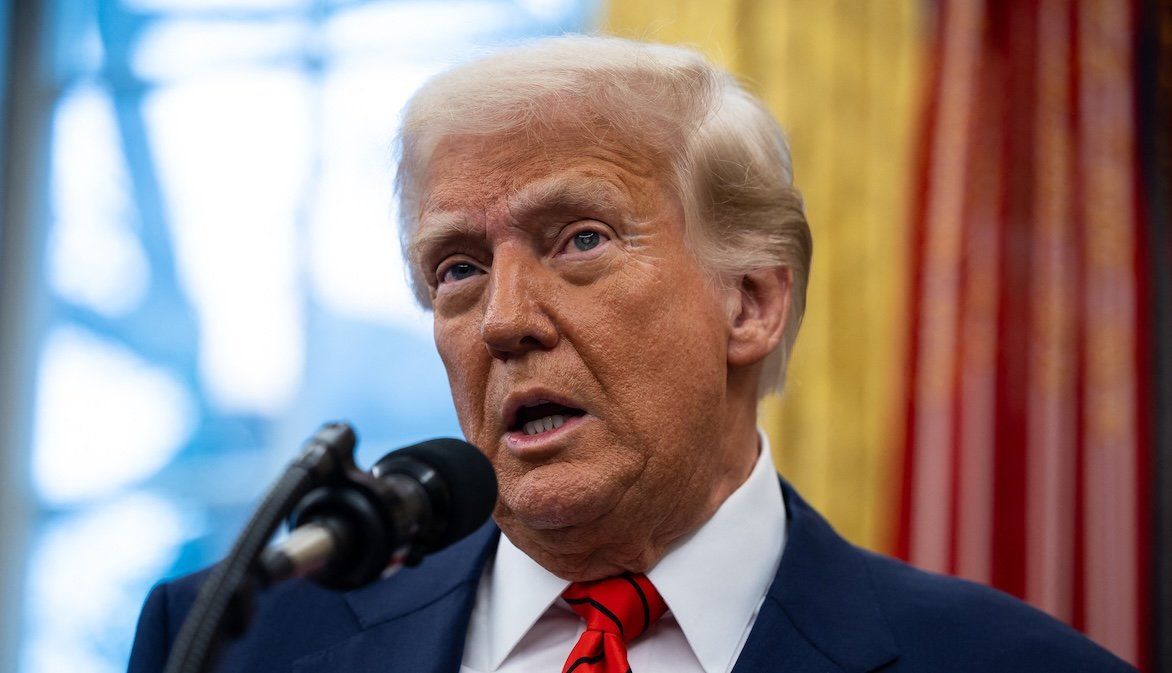President Donald Trump in the Oval Office at the White House on Feb. 5, 2025.
Thursday is the deadline for federal employees to accept the Trump administration’s offer of eight months of pay and benefits in exchange for abandoning their posts. As of Wednesday, more than 40,000 employees, less than 2% of the federal workforce, had reportedly accepted the buyout.
The offer has pitted the Office of Personnel Management – which is working in conjunction with Elon Musk and the Department of Government Efficiency – against unions and lawmakers who are advising people against taking the offer, citing its vagueness, that it waives employees rights to challenge the terms of the deal in the future, and questions about where the money for a new, expensive buyout program will come from – especially since the government is only funded through mid-March.
And the budget battles are already heating up. The odds that the government shuts down on March 14 are high, as neither side has yet to even agree on what the top-line budget 2025 amount should be. Republicans disagree on the size and scope of Trump’s ambitious demands for cuts, and razor-thin margins in the House mean they can’t afford any defections. Just last week, they had to table a preliminary vote on advancing Trump’s agenda over disagreements about how much spending could be cut.
Meanwhile, any budget bill will need to be bipartisan to pass the Senate (the partisan breakdown is 53 Republicans, 45 Democrats, and two independents who normally caucus with the Dems, and 60 votes are required). Democrats, who are outraged over Trump’s efforts to freeze funding that was previously allocated by Congress, want to use the deadline to push back on Trump's agenda.